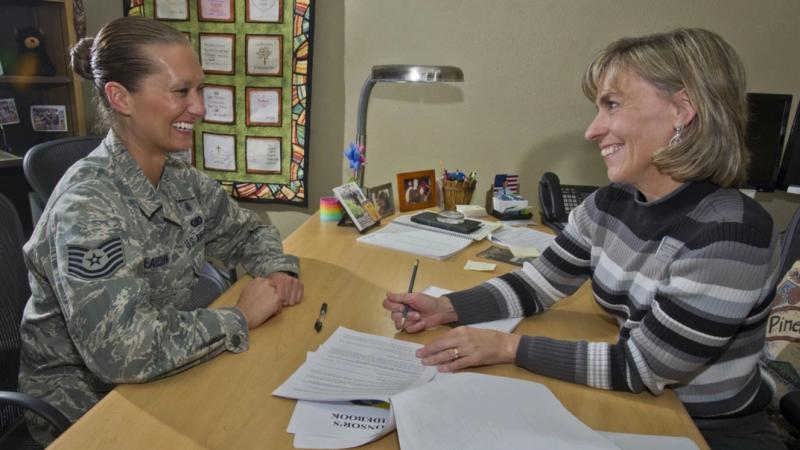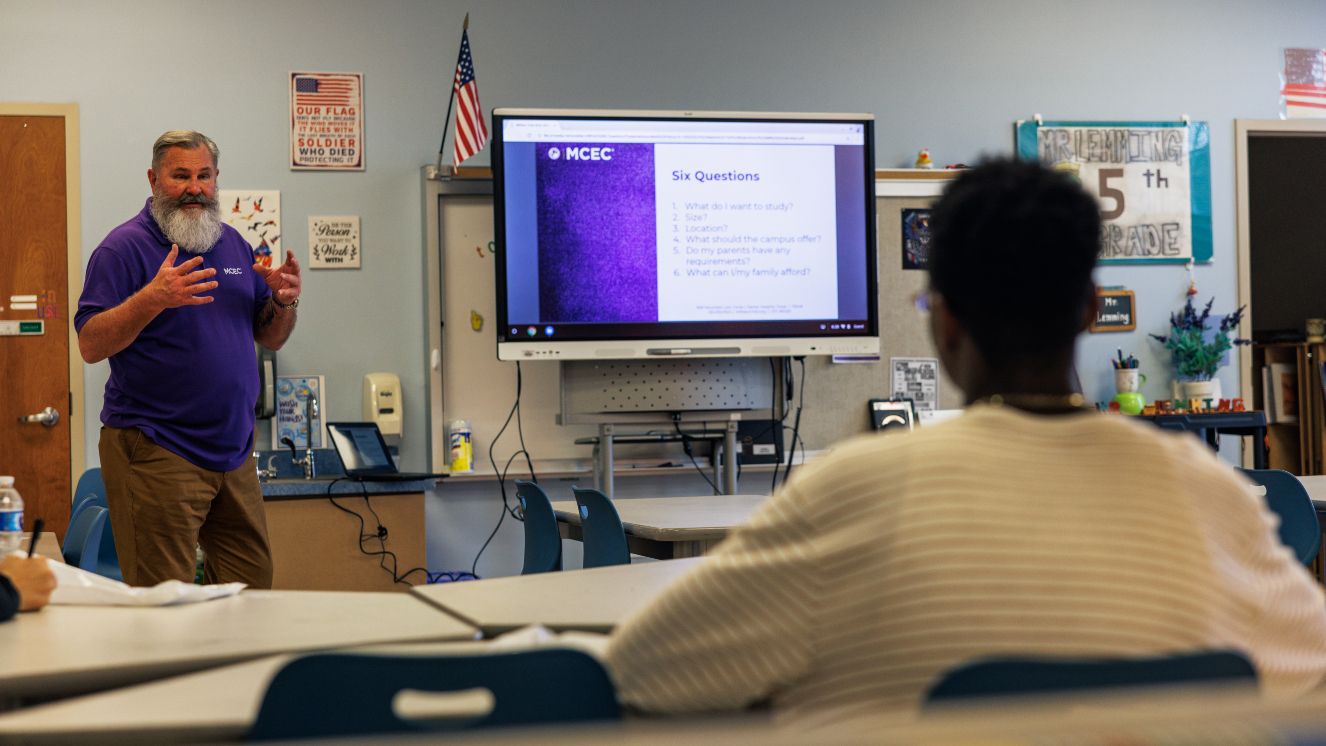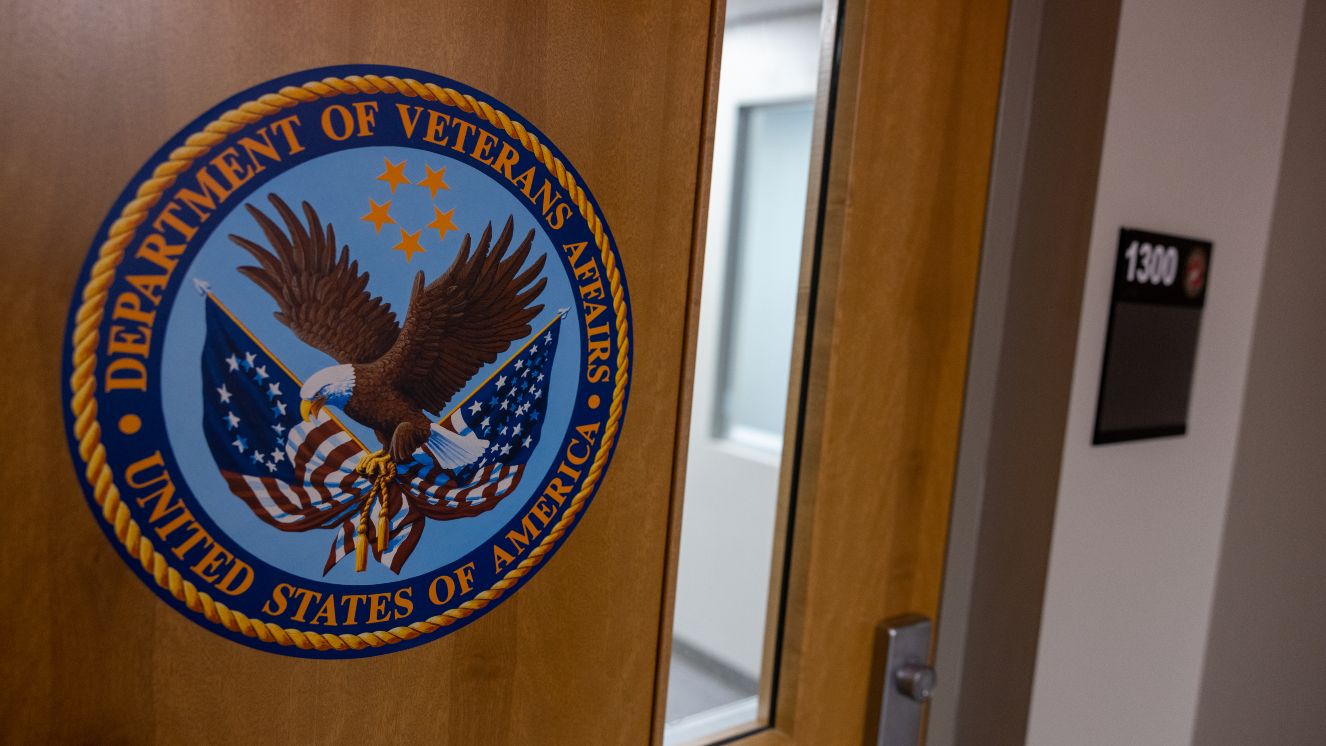FEDERAL CUTS THREATEN VA RESEARCH AND VETERAN JOB MARKET
COMMENT
SHARE

By now, it’s virtually impossible to have not seen, read about, or have been affected by the federal government’s cuts. While plenty of questions remain and more cuts may be on the way, speculation surrounding the U.S. Department of Veterans Affairs (VA) remains in the focus of Vets. The community can be impacted in multiple ways but primarily, VA research and the jobs that come with it could face danger according to experts. Here’s what you need to know about the future of VA healthcare.
VA Research Funding Threats: Potential Impacts
A federal hiring freeze and budget cuts are threatening crucial VA research on multiple health issues for Vets, including cancer treatments, burn pit exposures, and mental health.
Over 80% of employees with VA research jobs fear losing their positions, with many already impacted by layoffs.
These cuts could halt ongoing projects that directly affect Veterans’ well-being. Senators, like Patty Murray, have criticized the decision, warning of the lasting damage to vital healthcare research.
With up to 3,800 positions at risk, the future of Veteran healthcare research remains uncertain.

Fewer Grants Could Mean Fewer Positions
When you break down the nearly 83% of the VA's research staff working on term appointments, you end up with around 4,600 employees.
Because these appointments must be renewed every three years, unless something changes quickly, many researchers are at risk of being laid off.
This is because these positions rely on grants from federal agencies like the National Institutes of Health (NIH), which are facing budget cuts.
The fear from experts is that now those unable to secure grants will have their position eliminated.
While the VA has announced layoffs for cost savings, including for Veterans, there’s growing concern over how cuts to research could harm ongoing projects vital to the community.
Furthermore, employing fewer people to conduct research could lead to slower progress in helping treat and cure ailments Veterans already have issues with.
Despite this, the VA is working to protect mission-critical positions, assuring that healthcare and safety services remain unaffected by the freeze.
Federal Job Market Challenges for Veterans in 2024
For federal workers who have been affected by the recent job layoffs, navigating the recent job market could prove challenging. For scientists, administrators, accountants, etc. re-entering the market could prove difficult as they are entering a white-collar hiring slowdown in sectors that are seeing a decline in openings.
Additionally, the job market is getting increasingly competitive, and federal roles that traditionally involve niche skills may not easily transfer into private-sector needs.
Also, the introduction of AI and automation is another factor contributing to the job recession, as sectors such as tech have experienced significant layoffs.

A Bleaker Present and Future
Cuts to this portion of the VA are not only affecting current Veterans in the community but also those in the future. Investments in research through grants to enhance the health of Veterans and advance healthcare solutions for the public.
Their research addresses a range of critical issues, including things like Alzheimer's disease, various cancers, cardiovascular disease, and mental health.
Everything from improving the overall care Vets receive, using translational research to bridge gaps, and connecting discoveries to real-world healthcare applications to clinical research plays a pivotal role in obtaining FDA approval for human trials, and much more are all on the table here.
These are just a few overarching examples of how these cuts make care worse for Veterans now while delaying better care for everyone in the future.
Combined with the negative impact within healthcare and related industries it's clear to see why the hit to VA research is one of lasting impact.
Impact of VA Research Cuts on Century-Long Progress
It's a bittersweet moment as VA’s modern research efforts turn 100 years old this year.
Beginning in 1925, when the Veterans Bureau first established a research program, a century of groundbreaking discoveries is now facing budget cuts, layoffs, and a lot of uncertainty.
There are as many as 400 studies at risk, with Veterans possibly losing access to crucial clinical trials, among other long-term consequences.
Advocates and researchers warn that this could jeopardize decades of progress, urging policymakers to reconsider the impact of cuts to VA research, Veteran care, and the wider medical community as a whole.
Read next:
Join the Conversation
BY BUDDY BLOUIN
Buddy Blouin is a Contributing Writer at VeteranLife.com
Buddy Blouin is a Contributing Writer at VeteranLife.com



